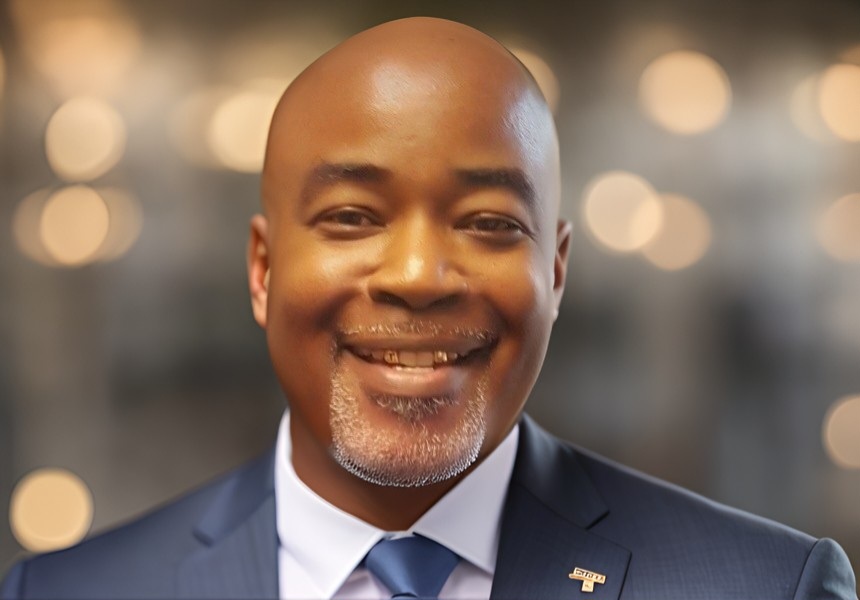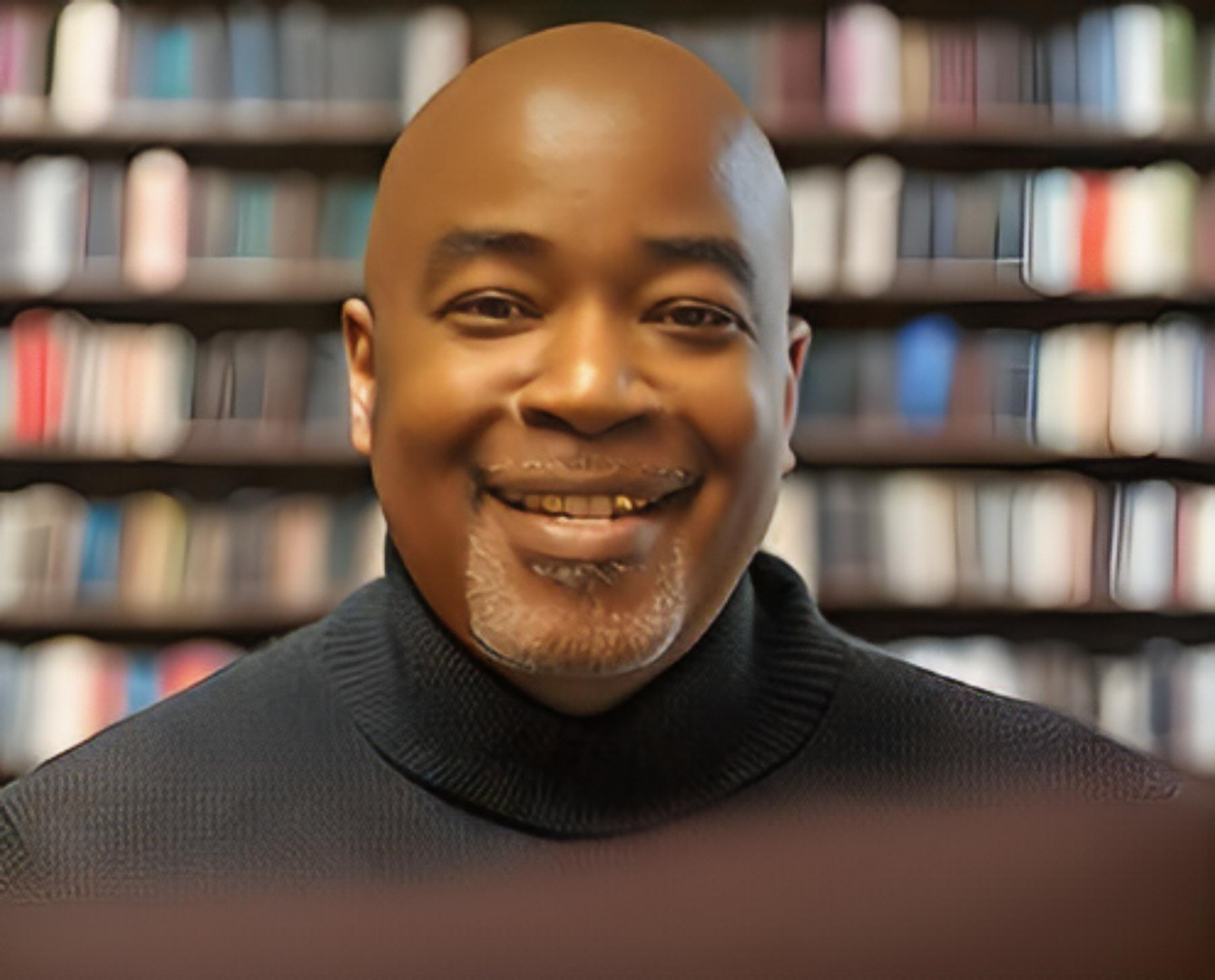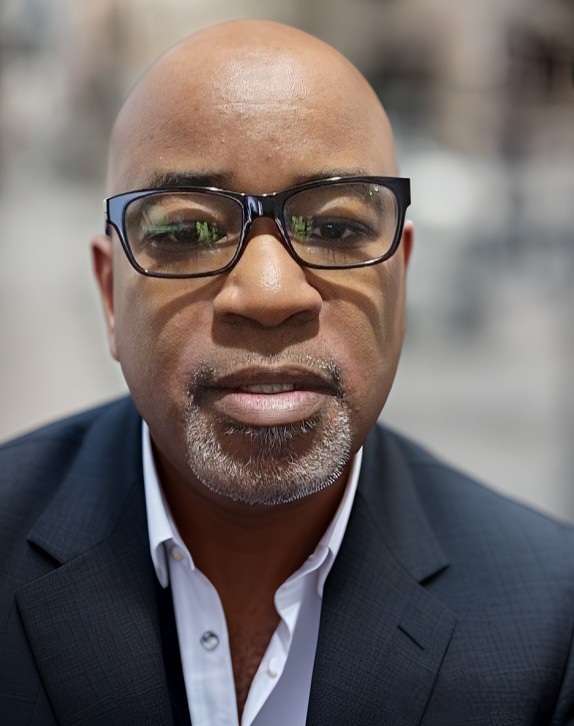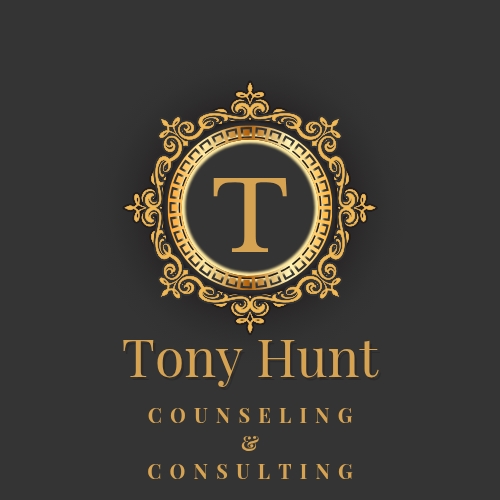Meet Tony Hunt | Tony Hunt Counseling and Consulting CEO/ Psychotherapist


We had the good fortune of connecting with Tony Hunt and we’ve shared our conversation below.
Hi Tony, do you have some perspective or insight you can share with us on the question of when someone should give up versus when they should keep going?
When you’re standing at the crossroads—keep going or give up—the answer isn’t found in feelings. It’s found in my personal ethos. And I am forged in fire: Marine grit, Army discipline, and two decades of law enforcement resolve. You don’t flinch. You don’t fold. You don’t chase comfort. You choose your hard. My ethos simply tells these small things to do when I hear the voice of doubt.
I value my time. I am not a death scroller or a busybody so I ensure I have balance in my life. Self-care is my responsibility. I choose my hard because comfort is the jailer of progress (JFK). Life doesn’t offer a “no hard” option. You either choose your hard or it chooses you. Working out is hard—so is managing chronic illness. Waking up early is hard—so is rushing through your day in chaos. Thinking positively is hard—so is living with self-doubt. Treating people with kindness takes effort—but so does living with the consequences of bitterness. Every choice has a cost. The question is: which hard leads to the life you want? Today’s decisions shape tomorrow’s reality.
I finish what I start—I learned during COVID time wasn’t my problem, lack of discipline was. Discipline means you are going to have to deal with some difficult times but you have to keep moving. It’s not easy but whatever you are striving for will definitely be worth it.
I reject excuses—It’s really simple. E (Excuse) + M (Motivation) = Limited progress if any. Stay consistent and refuse to live on Excuses Street and you can move mountains.
I ask with clarity—because blessings come with responsibility. Too much is given, much is required, so understand each blessing comes with a bit of change and sometimes change can feel difficult. When I joined the Marine at USMC Marine Corps Recruit Depot (MCRD), they tell you this one thing that keeps you going… This is what you asked for, so you learn to embrace difficulty as a lesson not a punishment.
Execute, Execute, Execute (E³) If you’re not executing, you’re stalled. Planning isn’t execution. Talking isn’t execution. Thinking isn’t execution. Resting isn’t execution. The irony? We often get our best ideas when we’re not executing—but ideas without action are just dreams. Even ChatGPT can give you a brilliant outline, but it won’t do the work for you. You are the vision. You are the movement. Execution is the bridge between imagination and reality. Innovation visualizes legacy but Execution creates it.
Procrastination = You Need a Better System. Procrastination isn’t laziness—it’s a system failure. Maybe the motivation faded. Maybe the task got hard. Maybe it’s no longer exciting. The fix? Build a better system. Streamline your process. Reduce friction. Sometimes procrastination is a quiet signal of burnout or anxiety.
Do hard things. You rise to the level of your preparation and exposure. What you put in is what you get out. If you train soft, you build soft. On game day, one team shows up to practice—the other shows up to win. That’s the difference. You’re not here because you’re good. Everyone at this level is good. You’re here because your talent makes you valuable. But the moment you get comfortable, someone hungrier will outwork you.
Failure Is the Twin Sister of Success. Saying “failure is not an option” is like saying “success is guaranteed.” Failure is not a character flaw—it’s a rite of passage. We fail our way to success. Nothing starts out perfect. Setbacks, resets, delays—they’re all just failure dressed up in different clothes. It’s part of every journey: fitness, relationships, business, even faith. Failure teaches. It refines. It reveals. If you let it stop you, you weren’t serious about succeeding.
Finally, I saw this quote and it said that success is rented not owned and rent is due every day. Get after it.

Can you open up a bit about your work and career? We’re big fans and we’d love for our community to learn more about your work.
Counseling didn’t start with a degree—it started in my childhood, watching my mother serve as the emotional anchor for our community. She read letters for neighbors who couldn’t read, comforted grieving friends, and opened our home to family when bills outweighed their hope. I didn’t know it then, but I was witnessing the raw blueprint of compassion, resilience, and service. That was my first classroom.
I chose a path of service that didn’t look like traditional therapy. Straight out of high school, I joined the United States Marine Corps. I had full academic scholarships waiting, but life had other plans. The Marines introduced me to a world of people, cultures, and ideas that stretched my understanding of humanity. I sat with elders, artists, and thinkers who taught me that people aren’t “weird”—they’re just different. That lesson changed everything.
I became a voracious reader. Philosophy, Stoicism, Marcus Aurelius, Seneca, Epictetus, Diogenes—I devoured it all. By the time I left the Corps, I had a personal library of 200–300 books ranging from warfare and leadership to spirituality and sacred texts like the Bible, the Quran, and the Torah. Nothing was off-limits. I wasn’t just reading—I was searching for meaning, for belonging, for truth.
While stationed in Japan, I had three options: drink, PT, or read. I did all three—but reading cost less and taught me more. It helped me understand not just what I was reading, but who I was becoming. I learned that identity isn’t fixed—it’s forged.
After my military service, I joined the Pennsylvania Department of Corrections. As a Correctional Officer, I quickly realized the job wasn’t about punishment—it was about understanding the human condition. I saw how environment, family, and trauma shaped behavior. These men were different on the block than they were in the yard. That taught me: context matters. People matter.
Later, I served as a police officer in New Orleans. I held the hand of a dying man and witnessed the birth of a child in the same week. I consoled parents of homicide victims, supported survivors of sexual assault, and watched my own home get swept away during a killer storm. I saw bodies float in the streets. I saw scarcity, desperation, and the fragility of life. I learned that calamity humbles us—and that service is the price we pay for our space on this planet.
Eventually, I transitioned to federal service, working for the Department of Justice and the Department of Homeland Security as an HR Specialist. I worked full-time and went to night school, grinding through 16-hour days to earn my Master’s degree. There were no shortcuts. Just grit, prayer, and purpose. My ethos carried me through.
After graduating from Dallas Baptist University, I trained across the DFW metroplex: Hamilton & Guy in Duncanville, a behavioral health hospital in Arlington, New Beginning Domestic Violence Center in Garland, the Youth Advocate Program in Fort Worth, and finally, Kenyatta Black Counseling.
Ms. Black, my clinical supervisor, taught me the soul of therapy—grace, mercy, and the art of letting the process flow. She gave me permission to be myself: a jokester, a God-loving man, and a therapist who brings his whole story into the room. That meant integrating Marine Corps grit with emotional depth, correctional empathy with compassion, and the curiosity to hear not just what people say—but what they don’t.
From my federal work, I learned the technical side of healing: how to plan, how to build systems, how to manage logistics, and how to navigate complex human dynamics. I developed skills in organizational psychology, crisis response, and strategic planning. I learned how to lead teams, resolve conflict, and create structure in chaos.
My journey to the therapy room wasn’t linear—it was layered. It was forged in barracks, prison blocks, storm-ravaged streets, and federal offices. It was shaped by my mother’s example, my military service, my law enforcement experience, and my relentless pursuit of wisdom. I don’t just counsel—I connect. I don’t just listen—I understand.
This is more than a career. It’s a calling. And I’m here to serve.

Any places to eat or things to do that you can share with our readers? If they have a friend visiting town, what are some spots they could take them to?
Any places to eat or things to do that you can share with our readers? If they have a friend visiting town, what are some spots they could take them to? I live a simple life—one grounded in service, reflection, and connection. I’m a pescatarian, so I keep my meals clean and my entertainment low-key. I don’t chase noise or crowds. I chase meaning.
One of my favorite places to unwind is the Dallas Arboretum & Botanical Gardens. It’s peaceful, beautiful, and always changing with the seasons. Whether I’m walking the trails or just sitting in silence, it’s a place that reminds me to slow down and breathe.
For a quick snack, I head to the Dallas Farmers Market. There’s a popcorn vendor there that’s second to none. It’s a small indulgence, but one I never skip.
When I want to explore and learn, I visit the Dallas World Aquarium. It’s more than a museum—it’s a living classroom. Every visit reminds me how vast and interconnected this planet really is.
I also enjoy the Dallas Museum of Art. It’s a space where creativity and culture collide. I don’t rush through it—I let the art speak, and sometimes it says exactly what I need to hear.
When it’s time to eat out, my go-to spot is Truluck’s in Southlake. As a pescatarian, it’s perfect—fresh seafood, elegant atmosphere, and no compromise on quality. It’s where I go when I want a meal that feels like a reward.
And when I just want to roam, shop, and enjoy the vibe, I head to The Highlands. It’s relaxed, comfortable, and full of good energy. No pressure, just presence.
I don’t need much to be entertained—just good food, meaningful places, and a sense of peace. That’s how I live. That’s how I recharge.

Shoutout is all about shouting out others who you feel deserve additional recognition and exposure. Who would you like to shoutout?
My mother, who , taught me that if you have a goal, don’t come back until you get it.
My spouse taught me that you can feel anxious but don’t stop.
A close sibling showed me how to look at things differently and get outside of myself.
I have two sons—one who is a free spirit and teaches me not to take myself so seriously, and the other who challenges me to be better every day.
Maya Angelou once said, “I go forth as one but stand as many.” This is priceless.
Website: https://www.lpctonyhunt.com/
Instagram: https://www.instagram.com/tonythecounselor/?hl=en
Linkedin: https://www.linkedin.com/in/tony-h-335b88349/

